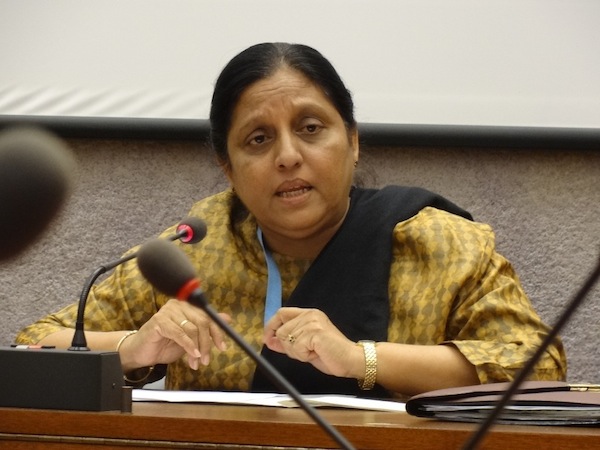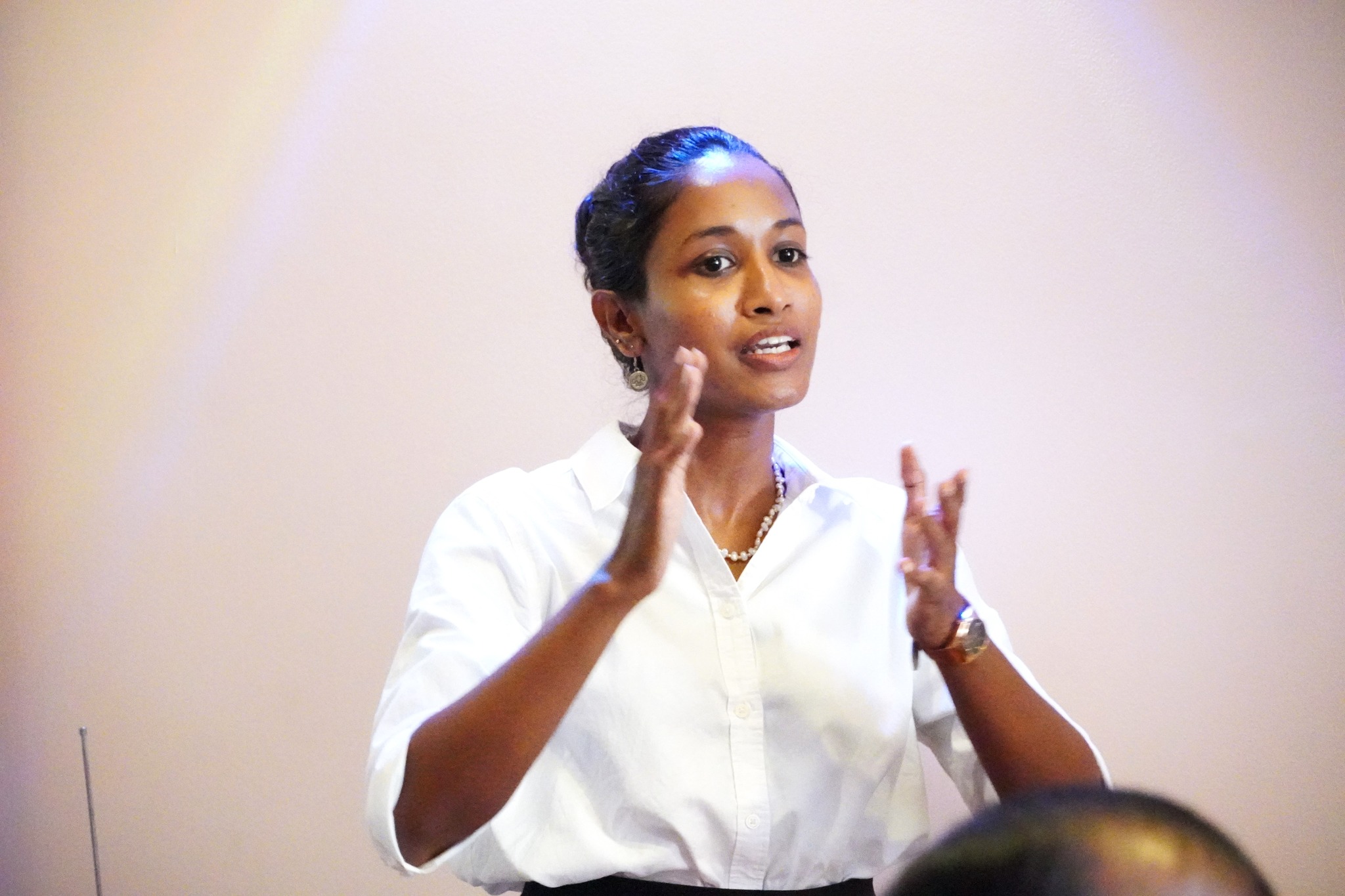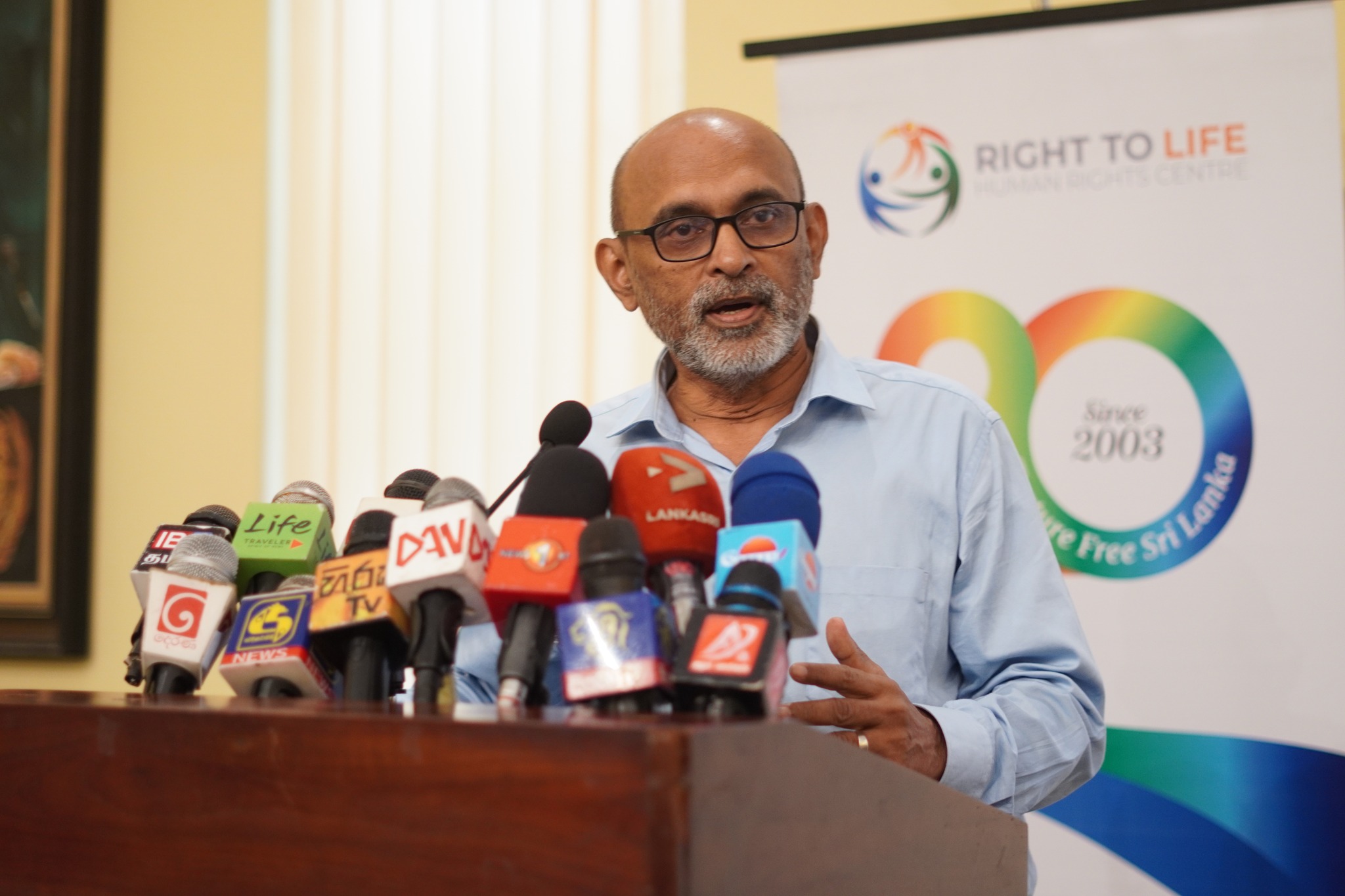A group of people from Trincomalee was resettled in the village of Kudapokuna, Welikanda, under the Mahaweli Project. Among them was the family of Masaida Umma, who moved to Kudapokuna in 1991. Despite the availability of proper irrigation facilities, their farming activities were hindered by threats from wild elephants and the operations of militant groups. The nearby forest served as a lifeline for the villagers, helping them sustain their daily needs. Masaida’s father, like other villagers, made a living by felling trees and fishing. However, by this time, the war had drawn dangerously close to them.
Villagers who went into the forest to fish faced threats from militants, and several of them never returned. Masaida’s father, too, was captured by militants while searching for food in the forest. He narrowly escaped after enduring severe beatings and recounting his grievances.
Amid severe economic hardship and no viable means to survive, Masaida’s family decided to send her abroad for employment. At the age of 14, Masaida was sent overseas using a forged birth certificate arranged by an agent. After a brief period, she returned to Sri Lanka and got married. From her marriage, she had two children, but due to her husband’s insistence, she left for overseas employment again.
Less than two months later, Masaida learned that her husband was living with another woman and that her two children were under her mother’s care. Understanding that her ailing mother, who suffered from a heart condition, was unable to care for the children, Masaida fell into severe mental distress. Her worsening health made it impossible for her to work effectively. A group of Sri Lankans living abroad arranged a flight ticket for her to return home, where she arrived penniless.
By this time, her father had passed away. Masaida supported her children and mother by working as a labourer. Meanwhile, aid from a voluntary organization provided her with some relief.
Currently, her daughter has completed her Advanced Level examinations, and her son has passed the Ordinary Level exams. Her daughter is now of marriageable age. According to Muslim customs, it is expected to provide a house for a bride to settle into after marriage. This has become Masaida’s greatest challenge, and thinking about it has caused her severe mental distress, leaving her in poor health.
- Christy Shelton Fernando


